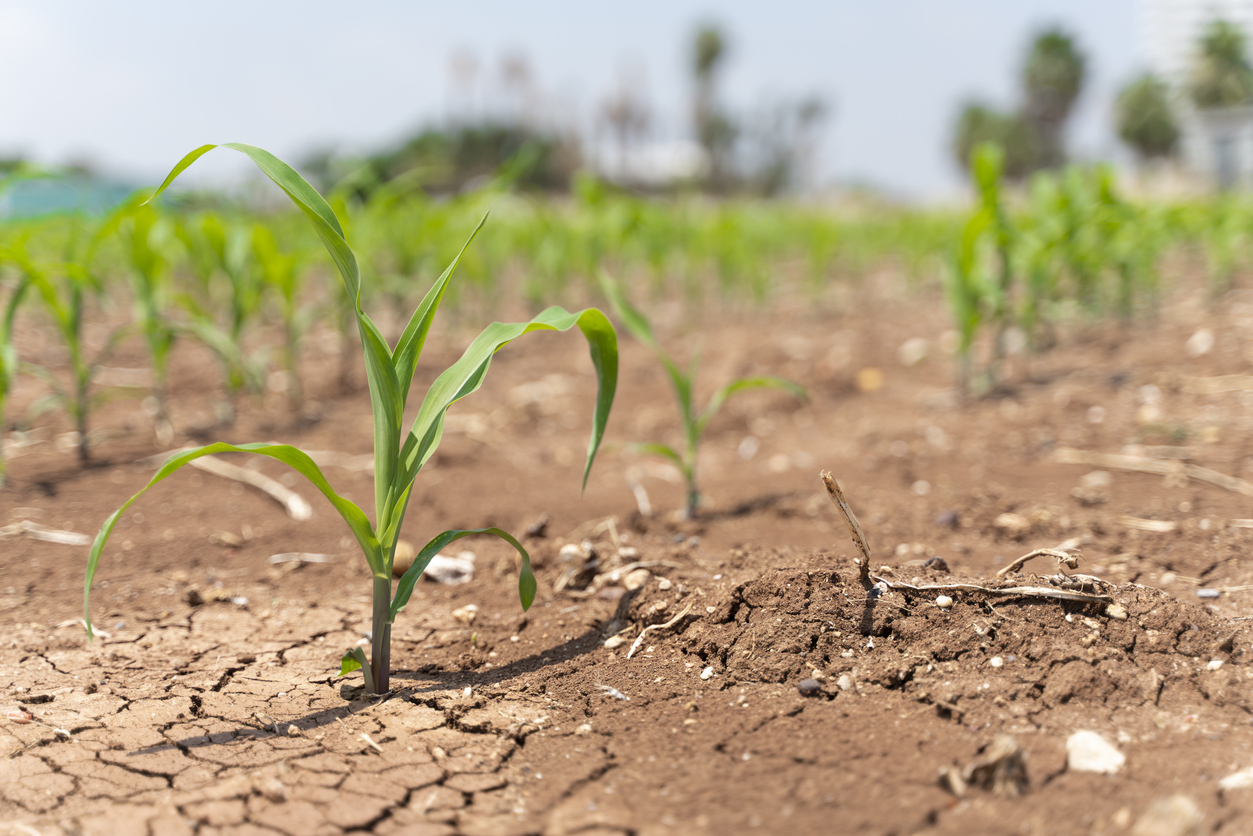
WEF Puts a Spotlight on Genetic Engineering to Combat Climate Change
July 13, 2022| |
Global food systems feed the global population, but also significantly contribute to climate change. In an article, Kevin Doxzen of the World Economic Forum answered the question, “How engineered crops can fight climate change?”
Genetic engineering is one of the tools used by scientists to adapt to climate change. Improved varieties of rice, maize, and wheat have been developed to withstand extended drought periods and wetter monsoon seasons. Extreme temperatures also contribute to more fungal and pest attacks, and thus, experts have used GE technology to make cassava, potatoes, and cacao disease resistant. Aside from these efforts, GE tools for climate change adaptation are currently used for mitigation.
The following projects involving GE crops are expected to help fight this environmental problem:
- Innovative Genomics Institute to use CRISPR to improve the ability of plants and soil microbes to capture and store carbon from the atmosphere.
- Realizing Increased Photosynthetic Efficiency project optimized photosynthesis to make plants 40% more productive, meaning less carbon dioxide in the atmosphere.
- The Harnessing Plants Initiative engineered roots to be sturdier, larger, and deeper, improving their resistance to decomposition and thus, minimizing carbon escape.
Read more from the World Economic Forum.
| |
You might also like:
- How CRISPR Helps Mitigate the Effects of Climate Change
- 5 Ways Biotech Crops Slow Down Climate Change
- Pocket K No. 43: Biotechnology and Climate Change
Biotech Updates is a weekly newsletter of ISAAA, a not-for-profit organization. It is distributed for free to over 22,000 subscribers worldwide to inform them about the key developments in biosciences, especially in biotechnology. Your support will help us in our mission to feed the world with knowledge. You can help by donating as little as $10.
-
See more articles:
-
News from Around the World
- WEF Puts a Spotlight on Genetic Engineering to Combat Climate Change
- Senegal President Signs New and Improved Biosafety Law
- Research Team Discovers Genetic Mutations that Made Rice Cultivation Possible
- Economists Analyze China's GE Crop Commercialization Dilemma
- Workshop to Explore Policy Considerations for Gene Editing in Asia and Australia
- Italian Lawmakers Support GM Crops to Fight Climate Change
- Scientists Discover the Gene for Cassava Mosaic Disease Resistance
- Research Reveals Lack of Consumer Awareness about the Contributions of Science in Food and Agri
- Study by International Experts Shows Global Wheat Production Can Be Doubled
-
Research Highlights
- Research Reveals the Light Mechanism that Regulates Rice Flowering Time
- Experts Analyze Trends in Rice Research
- Bioengeered Bacteria Produces Renewable Fuel to Rival Rocket Fuel
-
Read the latest: - Biotech Updates (January 28, 2026)
- Gene Editing Supplement (January 28, 2026)
- Gene Drive Supplement (February 22, 2023)
-
Subscribe to BU: - Share
- Tweet

